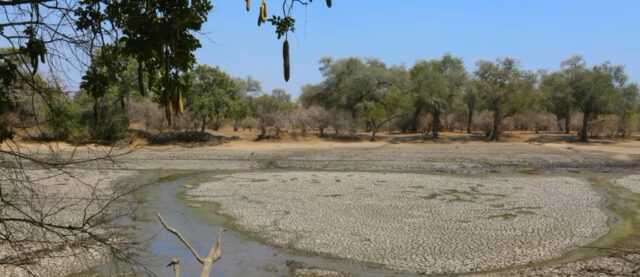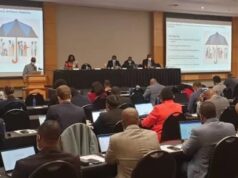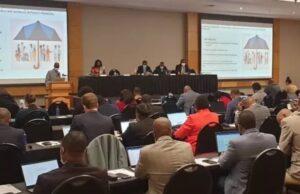
(3 Minutes Read)
Malawi has declared a state of disaster in 23 out of the country’s 28 districts. Consequent upon that, its President Lazarus Chakwera said that the country urgently needed more than USD 200 million in humanitarian assistance. He further revealed that 2 million farming households have been affected by the El Nino-induced dry spells
Malawi has declared a state of disaster in 23 out of the country’s 28 districts. Consequent upon that, its President Lazarus Chakwera said that the country urgently needed more than USD 200 million in humanitarian assistance. He further revealed that 2 million farming households have been affected by the El Nino-induced dry spells.
The World Food Programme (WFP) together with the Department of Disaster Management Affairs of Malawi has been undertaking a massive food distribution program to address the unprecedented food shortage being faced by the Southern African country, mostly induced by climate change.
The Presidential Initiative to Stop Hunger calls out to locals and the international community. Around 600,000 metric tons of food aid are needed. Malawi has been repeatedly hit by weather extremes in recent years. Neighboring Zambia declared a national disaster in late February.
According to an IPC Chronic Food Insecurity Report, approximately 5.4 million people in Malawi living in rural and secondary urban centers are facing Moderate or Severe chronic food insecurity. The February Malawi IPC Chronic Food Insecurity (CFI) analysis found that an additional estimated 4.4 million people face Mild food insecurity, whilst approximately 6.9 million people face No/Minimal chronic food insecurity. Chronic food insecurity in Malawi, where over 70% of the population of about 19.1 million people is living below the international poverty line of USD 1.90/day, is driven by abject poverty, recurrent shocks, poor policies, and implementation as well as reliance on weak livelihood strategies.
Read Also:
https://trendsnafrica.com/malawi-announces-austerity-measures-avail-imf-loan/
The report recommends medium to long-term interventions to address the structural causes of chronic food insecurity are necessary, particularly for the country’s most vulnerable populations, including subsistence farmers, the elderly, and female-headed households. and others.











